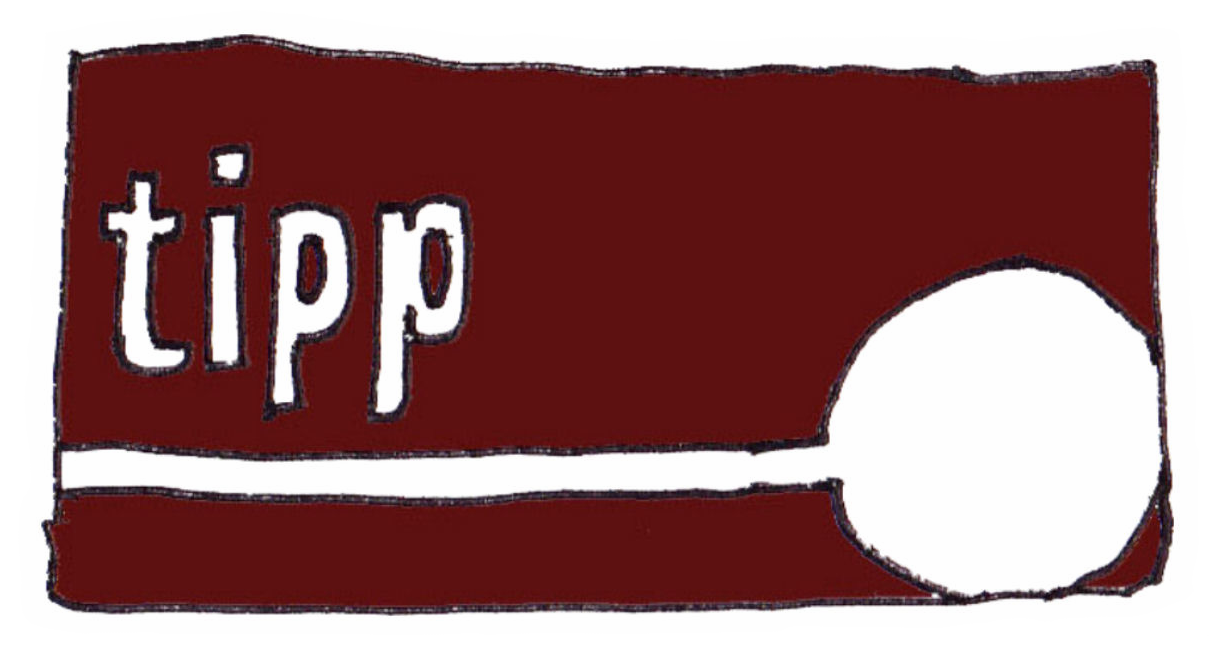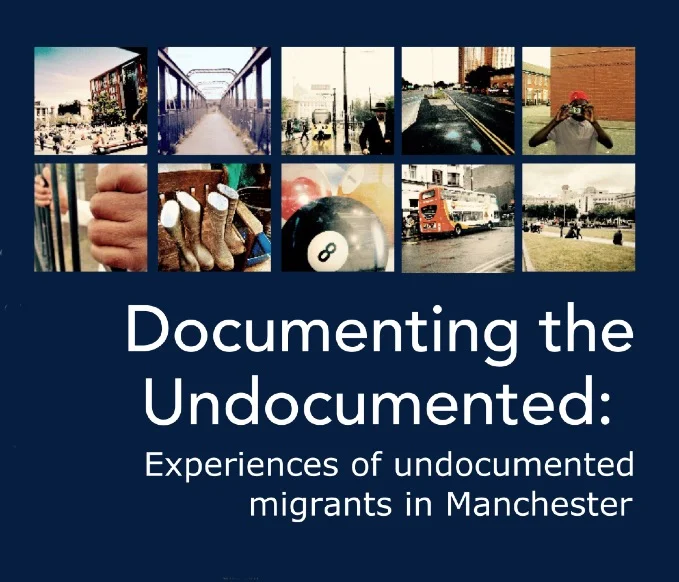Criminology at the University of Manchester
Arts Based Research with the Centre for Criminology and Criminal Justice.
TiPP hasan immensely productive working relationship with the University of Manchester’s Centre for Criminology and Criminal Justice, developing arts based research methods to explore and document the lives and experiences of hidden and marginalised communities living in the Greater Manchester and Merseyside regions.
Some of our most notable collaborations are described here:
The effects of arts and culture programmes on youth crime (2025) A DCMS commissioned rapid evidence review of the effects that arts and culture-based interventions can have on reducing serious youth violence. Available from the DCMS website here.
PROMISE (2017) Funded by the European Commission, PROMISE uses photography and creative writing to explore how young people today respond to conflict, and how this is perceived and managed by authorities.
Candid Conversations About Radicalisation (2016) Funded by the University of Manchester’s Humanities Strategic Investment Fund, Candid Conversations was delivered in partnership with Virtual Migrants. The project used theatre, music, creative writing and the visual arts to explore the impact of the UK government's Prevent agenda on the culture of an inner city secondary school. You can find Paul Gent's postcard images from this project in Project Gallery 1.
Documenting the Undocumented (2015) Supported by the Economic and Social Research Council this photography project sought to document the day-to-day lives of undocumented migrant workers living in Manchester. You can download a copy here.
The Rights of Undocumented Migrants (2013) Funded by the Economic and Social Research Council, and in partnership with the Migrants’ Rights Network (MRN) this project used theatre and visual arts to document the experiences of undocumented migrants. You can find Paul Gent's documentary images of this project here.
“Working with TiPP brings an entirely different perspective to our research, blurring the lines between the creative and the academic. TiPP are experts in engaging participants in creative ways to generate data and ensuring wider visibility of research messages.”


